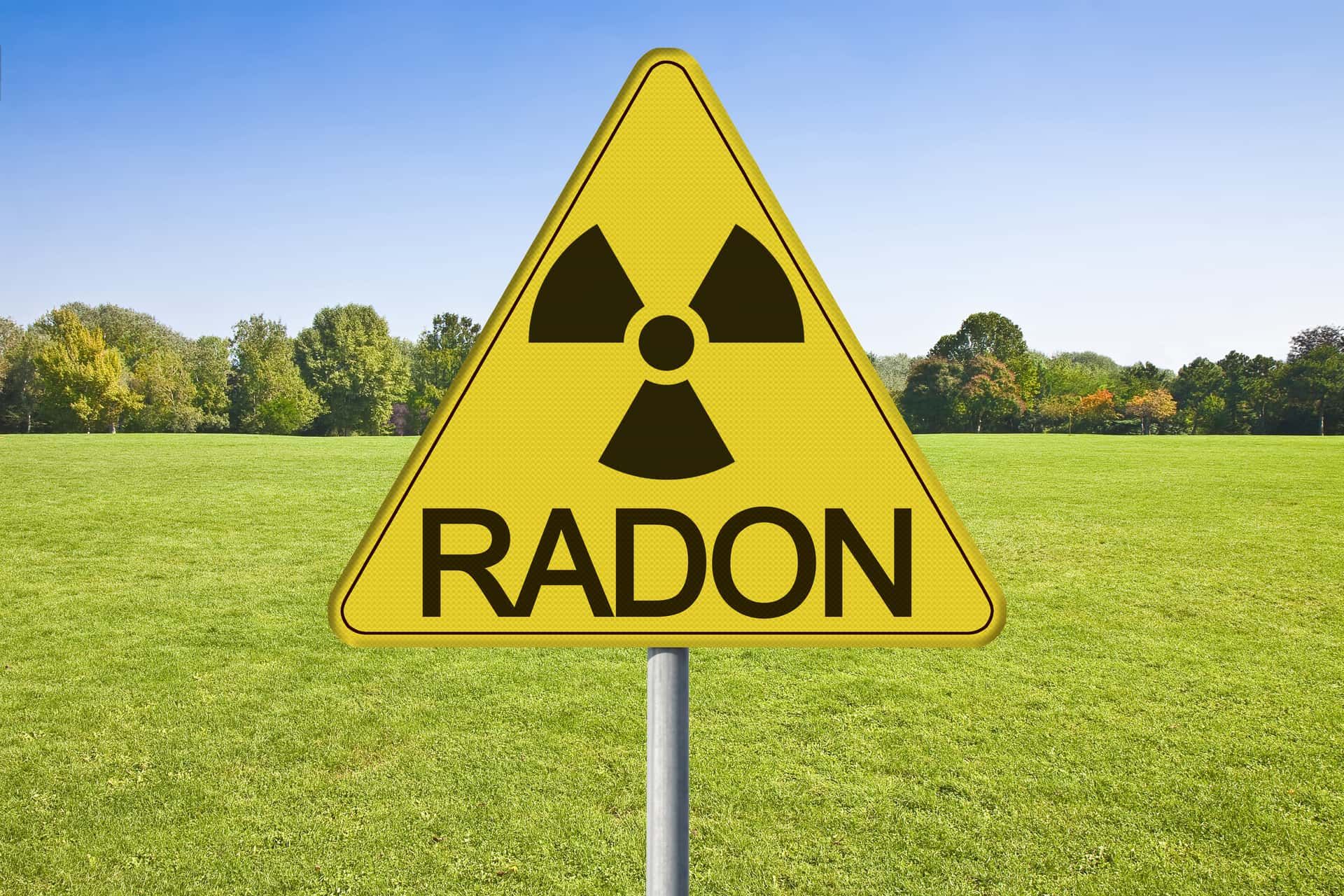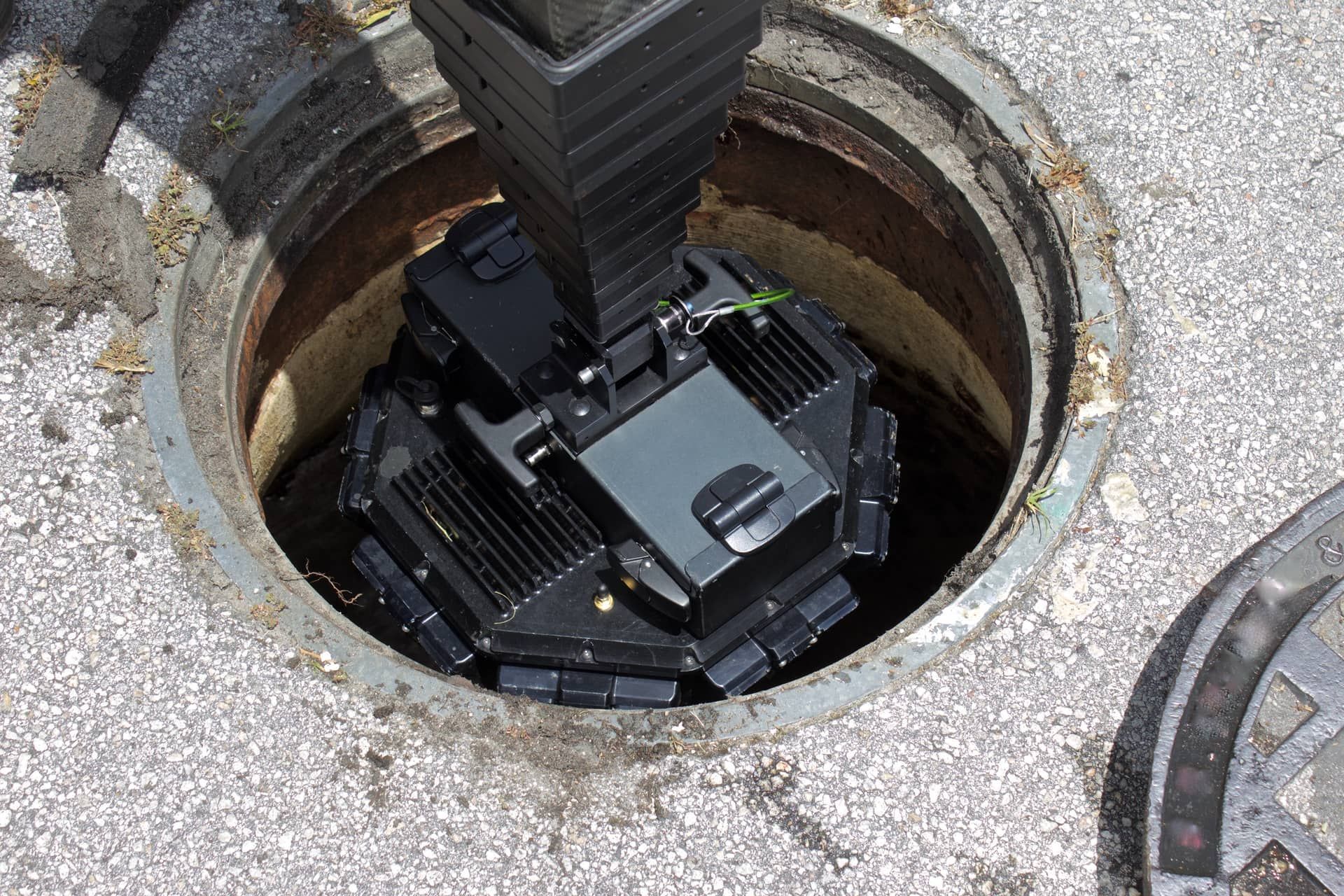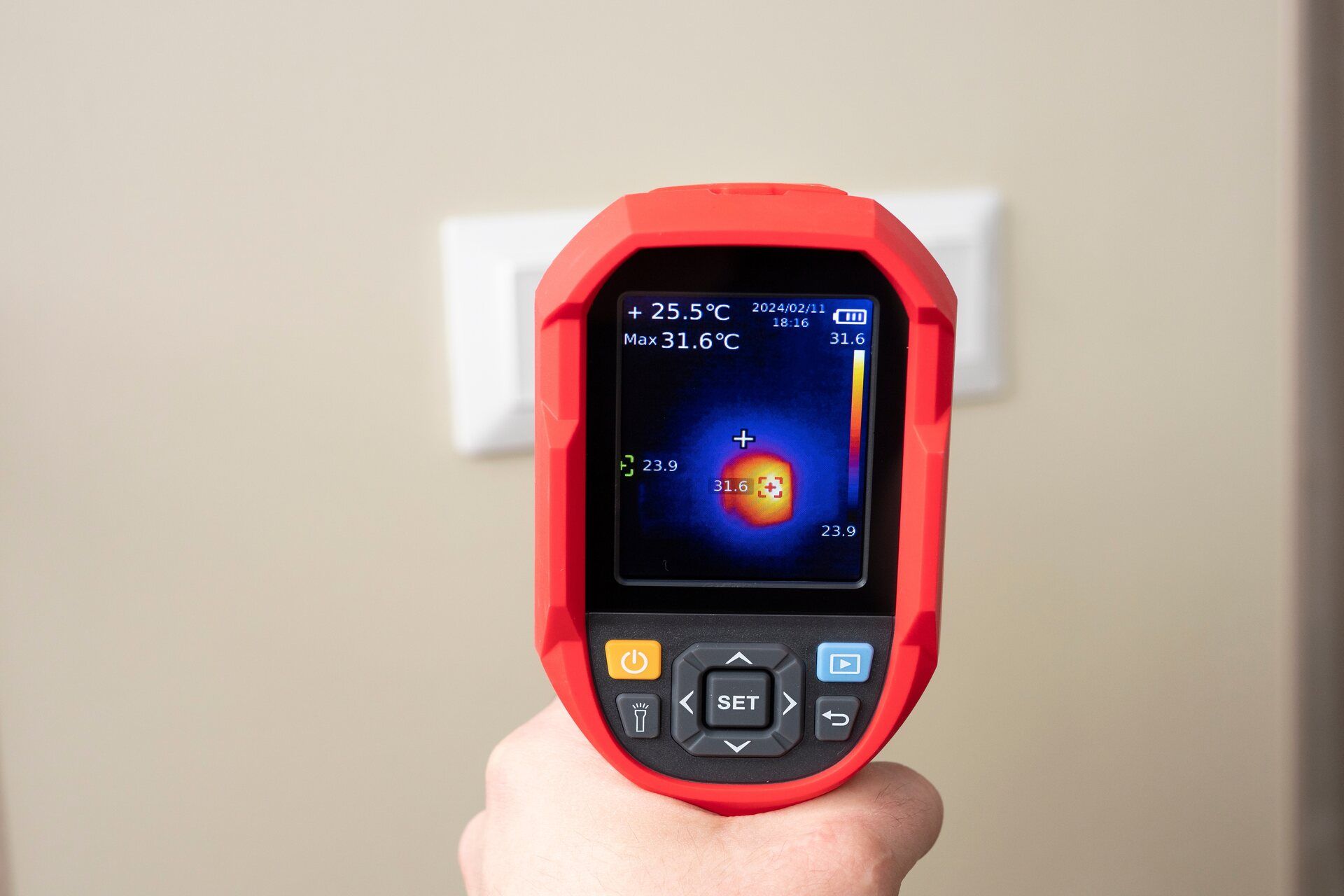10 Frequently Asked Questions About Home Inspections
Home inspections are a critical part of buying or selling a house. They give buyers peace of mind and help sellers address potential issues before closing a deal. If you’re new to home inspections, you might have questions about how they work, what they cover, and why they matter.
Here’s a list of the 10 most frequently asked questions about home inspections to help you understand the process.
1. What Is a Home Inspection?
A
home inspection is a thorough examination of a house’s condition, typically conducted by a licensed inspector. The goal is to identify any issues or potential problems with the home, such as structural damage, plumbing leaks, or faulty wiring. The inspector provides a detailed report that buyers can use to make informed decisions.
2. Why Do I Need a Home Inspection?
Home inspections help buyers avoid unexpected repair costs after purchasing a home. They also provide valuable information about the property’s condition. For sellers, an inspection can highlight issues to address before listing the home, making it more appealing to buyers.
3. What Does a Home Inspection Cover?
A home inspection typically includes the following areas:
- Roof: Checking for leaks, missing shingles, or damage.
- Foundation and Structure: Looking for cracks, uneven floors, or other structural concerns.
- Plumbing: Inspecting pipes, drains, water heaters, and fixtures.
- Electrical Systems: Examining outlets, wiring, and breaker panels.
- HVAC Systems: Assessing heating, ventilation, and air conditioning systems.
- Interior and Exterior: Reviewing walls, ceilings, floors, doors, and windows.
Some inspections may also include additional services, like radon testing or mold inspections, for an extra fee.
4. How Long Does a Home Inspection Take?
The length of a home inspection depends on the size and condition of the property. On average, inspections take 2-4 hours for a single-family home. Larger homes or older properties with more complex systems may take longer.
5. Who Pays for the Home Inspection?
In most cases, the buyer pays for the home inspection. Since the inspection is primarily for the buyer’s benefit, it makes sense for them to cover the cost. However, in some situations, a seller might choose to pay for a pre-listing inspection to address issues before selling.
6. Can a Home Fail an Inspection?
A home inspection isn’t a pass-or-fail test. Instead, it provides a detailed report of the home’s condition. The report highlights both major and minor issues, giving the buyer a clear picture of what needs attention. It’s up to the buyer to decide whether the findings affect their decision to proceed with the purchase.
7. Should I Attend the Inspection?
It’s highly recommended that buyers attend the inspection. Being present allows you to ask questions and see potential issues firsthand. You can also gain valuable insights into the home’s maintenance and care from the inspector. Sellers may choose not to be present, as it could feel intrusive for the buyer.
8. What Happens If Issues Are Found?
If the inspection reveals problems, the buyer has several options:
- Negotiate Repairs: Ask the seller to fix the issues before closing.
- Request a Price Reduction: Lower the purchase price to cover repair costs.
- Walk Away: If the problems are too significant, the buyer may cancel the deal, depending on the terms of the contract.
It’s important to work with your real estate agent to decide the best course of action.
9. How Much Does a Home Inspection Cost?
The cost of a home inspection varies depending on the location, size, and age of the property. A standard single-family home inspection usually costs less. Additional tests, like radon or
termite inspections, may increase the overall cost.
10. Are Home Inspections Required?
Home inspections are not mandatory, but they are highly recommended. Lenders often encourage buyers to get an inspection to avoid surprises after purchase. Skipping an inspection could lead to costly repairs and safety concerns down the road.
Tips for a Smooth Home Inspection Process
- Choose a Certified Inspector: Work with a licensed and experienced professional to ensure a thorough inspection.
- Prepare the Home: Sellers should make the property accessible by clearing clutter, unlocking access points, and ensuring utilities are on.
- Ask Questions: Don’t hesitate to ask the inspector for clarification or advice during the process.
Conclusion
A home inspection is an essential step in the home-buying process. It provides valuable insights into the property’s condition, helping buyers make informed decisions and avoid unexpected surprises. Whether you’re buying or selling, understanding how inspections work can save you time, money, and stress.
Ready for a professional home inspection? Contact
ProTec Inspections today to schedule your appointment!
Disclaimer: The information on this website and blog is for general informational purposes only and is not professional advice. We make no guarantees of accuracy or completeness. We disclaim all liability for errors, omissions, or reliance on this content. Always consult a qualified professional for specific guidance.





